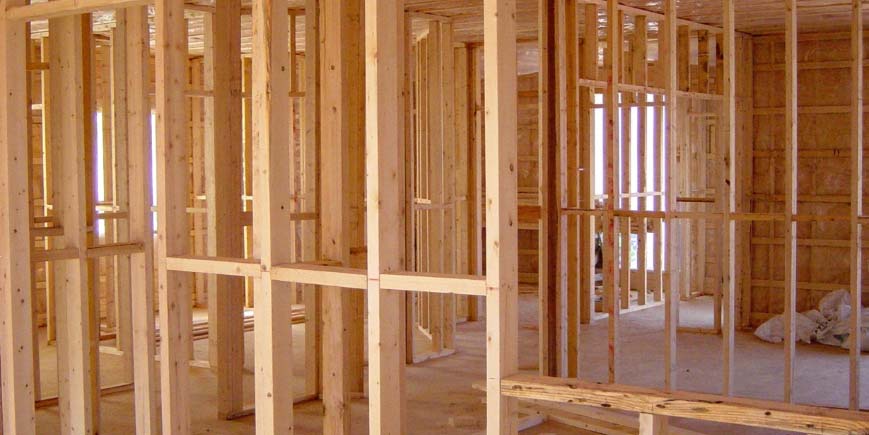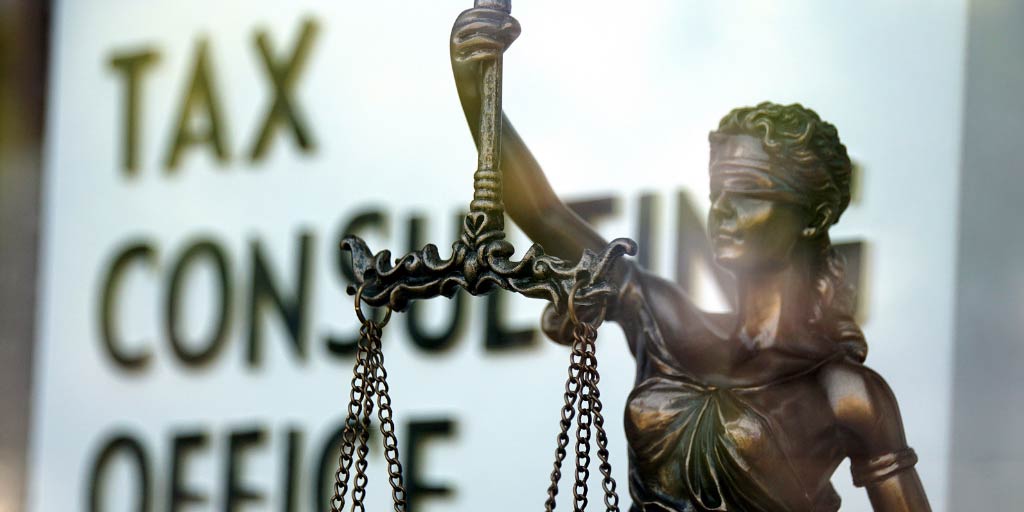This information should not be interpreted as financial, tax or legal advice. Mortgage and loan rates are subject to change.

Categories: government and politics | prs
The Labour party have blocked intentions for the Welsh government to impose a rental freeze in the country, despite recently supporting one in Scotland, and toying with the idea of a similar plan for England.
Following announcements of a rental freeze in Scotland last month, Plaid Cymru made a call for measures to be implemented in Wales also. This freeze intends to safeguard tenants from the rising cost of living, though senior Labour ministers have been warning of the unintended consequences of this and the impact it would have on landlords.
The Private Rental Sector (PRS) is already under immense strain from the upcoming Renter’s Reform Bill and the Fair Rents (Scotland) Bill. Experts have voiced their concerns, that trickling this rental freeze across the rest of the United Kingdom, could push more landlords to sell their properties and withdraw from the market entirely.
Housing Minister, Julie James, suggests that this move is not intended to drive away landlords, but instead to “target the support at the people who are most vulnerable and make sure they stay in their homes".
Welsh rent control?
Since Scotland announced its intentions to freeze rent, rumblings have begun about this being the start of rent controls – meaning the government can regulate the amount of rent that can be charged.
Whilst Nicola Sturgeon has said the rent freeze in Scotland is temporary, the Welsh government have not ruled out considering implementing rental controls in the country, instead of a rent freeze.
Housing allowance unfreeze
In response to the refusal of a rental freeze, Julie James has called upon the UK government to remove the freeze on the Local Housing Allowance.
The freeze was implemented last April and despite the cost of living increasing, is still in place today. This has meant that there is now a gap between the amount of universal credit tenants receive and the cost of their rent. Official data suggests that this is around £100 per month for over half of private renters.
Removal of this freeze would mean there is less pressure on tenants to cover the shortfall, giving a bit more security for both tenants and their landlords.
Is Scotland's rental freeze legal?
The refusal for a rental freeze in Wales comes just days before announcements of potential legal action against the Scottish government.
The National Residential Landlords Association (NRLA) have joined forces with the Scottish Association of Landlords, Propertymark and Scottish Land and Estates to seek legal opinions on the legality of this new law, stating it ‘breaches the individual rights of landlords’.
Chief Executive of the NRLA, Ben Beadle says:
“Tenants across the country are already facing a supply crisis in the private rental sector. Far from making things better, a rent freeze will mean less choice for tenants, making it more difficult for them to access the housing they need.
“A viable and thriving PRS is vital to a healthy housing market. Sadly, the actions of the Scottish Government damage this objective and will ultimately hurt tenants the most.”
The changing rental market in Scotland has already caused trouble for students looking to attend Glasgow university, could this battle to reverse the Scottish rental freeze positively impact similar laws being considered across the UK and the wider private rental sector?





